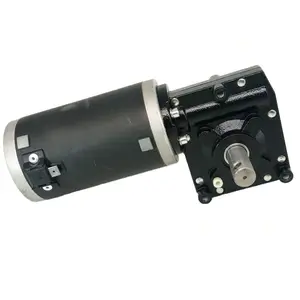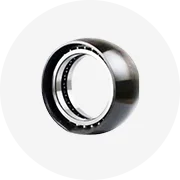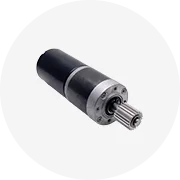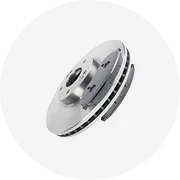Exploring the Versatility of 24V DC Motor Encoders
Within the realm of electric motors, the 24v dc motor encoder stands out as a pivotal component in various applications. This type of motor integrates an encoder that provides precise control over motor output, making it an essential element in systems requiring exact motion and positioning. The encoder attached to a 24v dc motor translates the motor shaft's position or speed to an electrical signal, ensuring accurate control for the end-user.
Types and Applications
The 24v dc motor with encoder is versatile, finding its place in numerous devices and machinery. Its applications span from automated equipment to consumer electronics, where controlled movement is crucial. For instance, in robotics, the encoder provides feedback that is vital for the precise movement of robotic arms. In the realm of consumer electronics, such as in camera stabilizers, the 24v dc motor encoder ensures smooth and accurate operation.
Features and Materials
When selecting a 24v dc motor with encoder, it's important to consider the features that align with the intended use. These motors are designed with durability in mind, often constructed from robust materials like steel or aluminum to withstand the demands of their operating environments. The encoders themselves are typically made from high-grade plastics or metals, ensuring longevity and consistent performance.
Advantages of Using a 24V DC Motor Encoder
The advantages of using a 24v dc motor encoder are manifold. They offer a balance of power and precision, which is essential in applications where space is limited and efficiency is paramount. The 24V power supply strikes a balance between energy consumption and torque output, making these motors suitable for a wide array of industrial and commercial uses.
Choosing the Right Encoder Motor
Selecting the right 24v dc motor with encoder involves understanding the specific requirements of your application. Factors such as torque, speed, and the type of encoder signal (incremental or absolute) play a significant role in the selection process. It's crucial to assess these parameters to ensure the motor aligns with the operational needs of your system.
Integration and Compatibility
Integrating a 24v dc motor encoder into an existing system requires attention to compatibility. The encoder's output must match the input requirements of the control system to ensure seamless communication and operation. This compatibility is key to achieving the desired performance and reliability of the motor within its application.



































 浙公网安备 33010002000092号
浙公网安备 33010002000092号 浙B2-20120091-4
浙B2-20120091-4